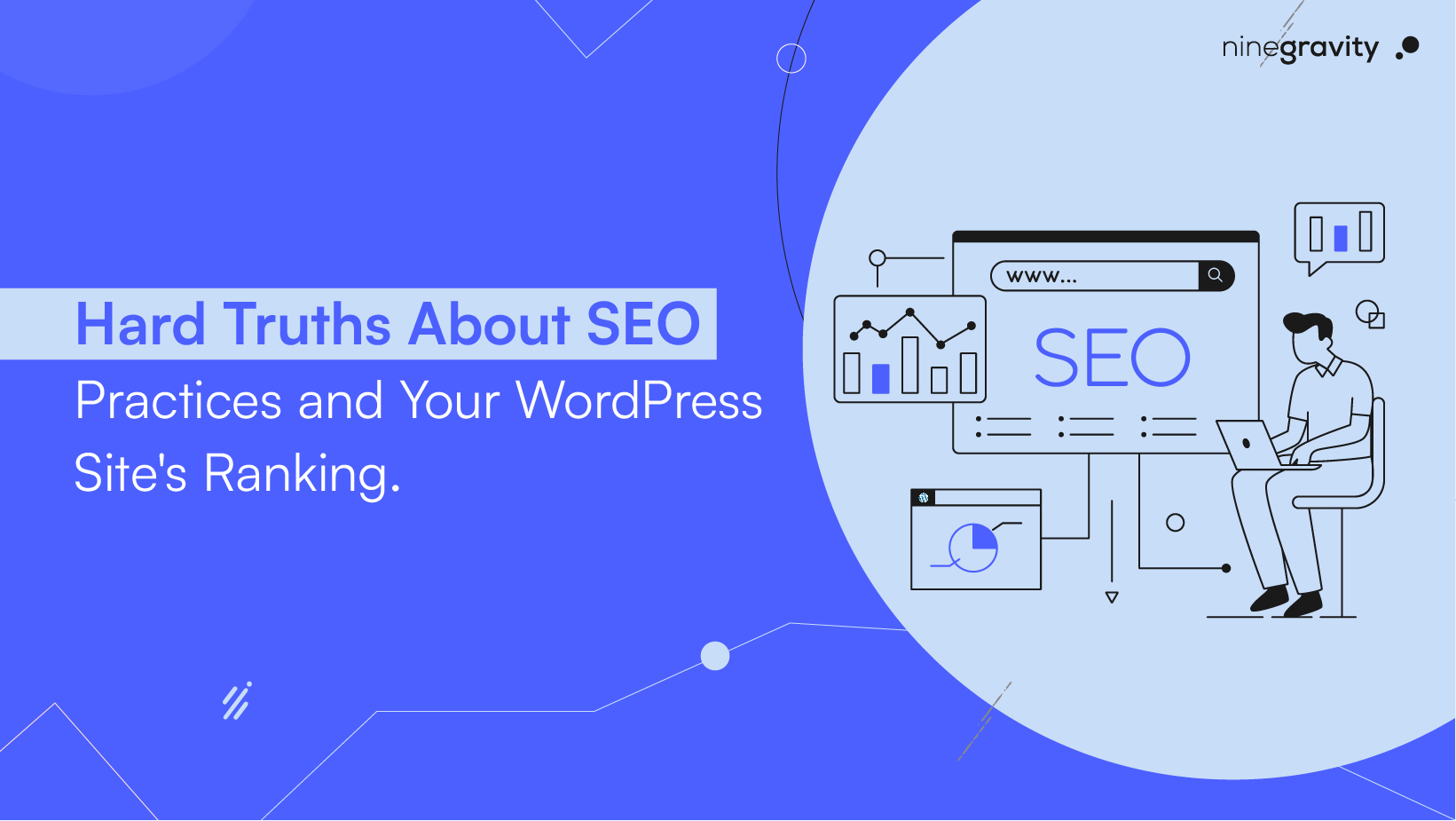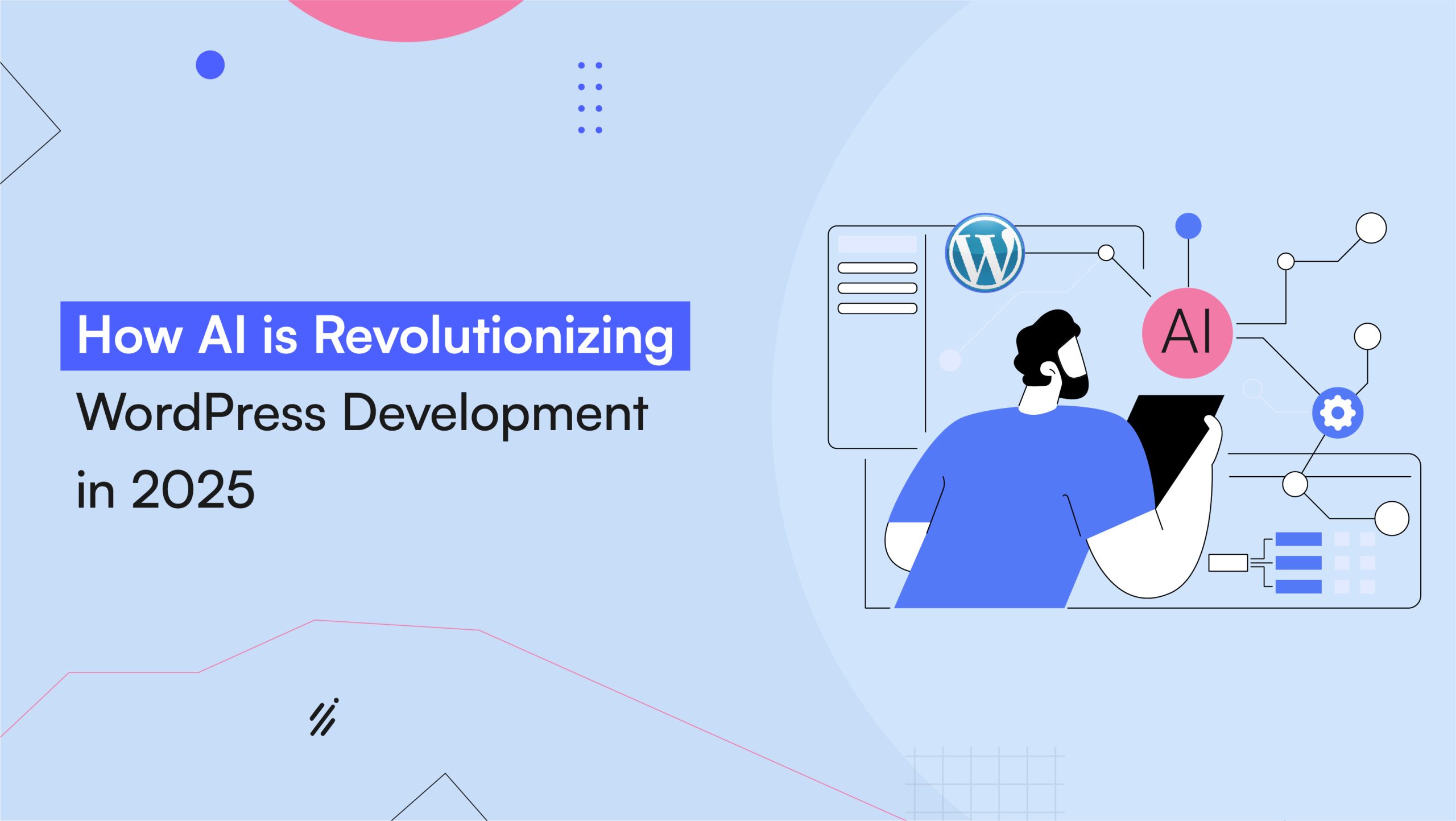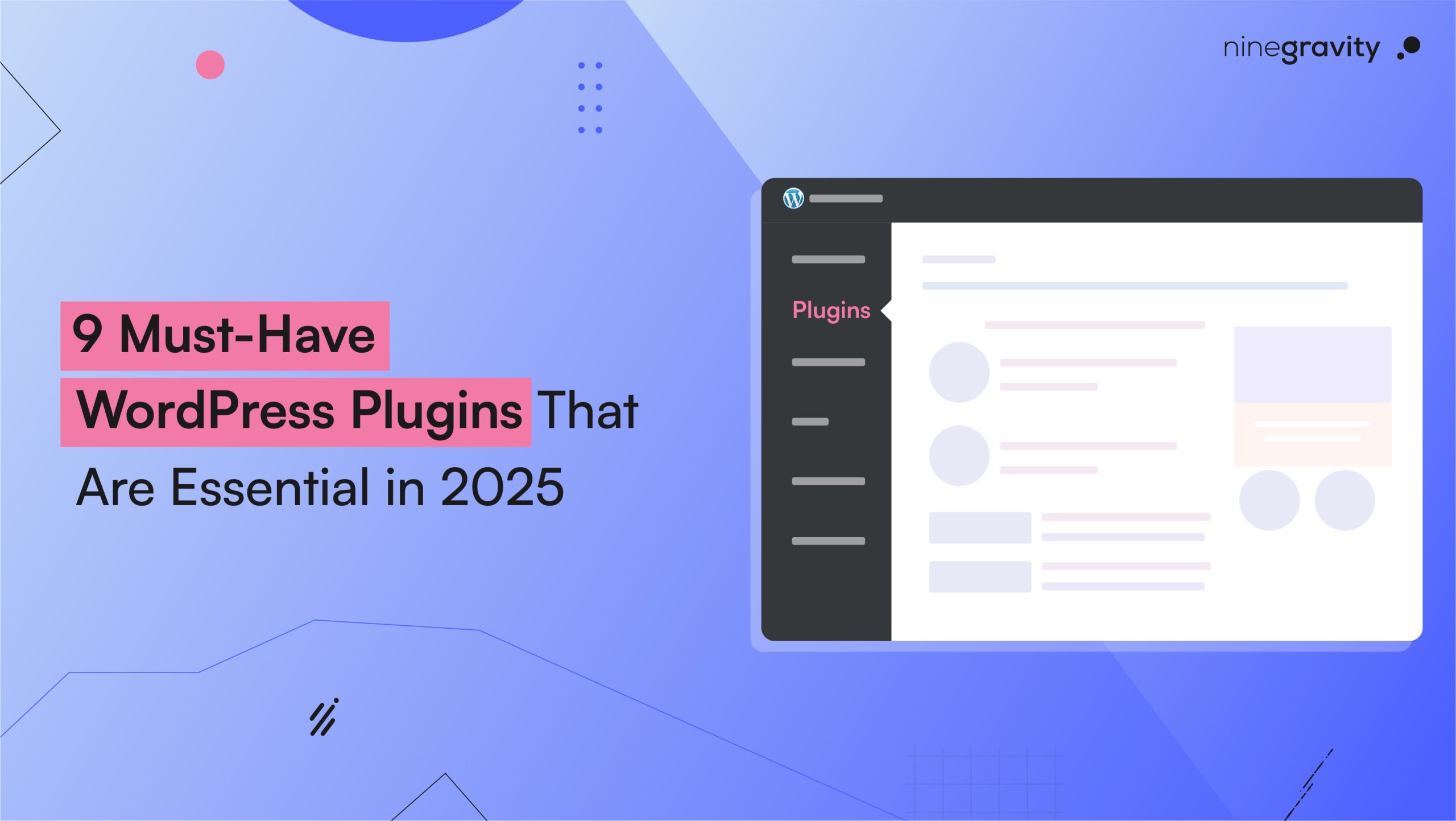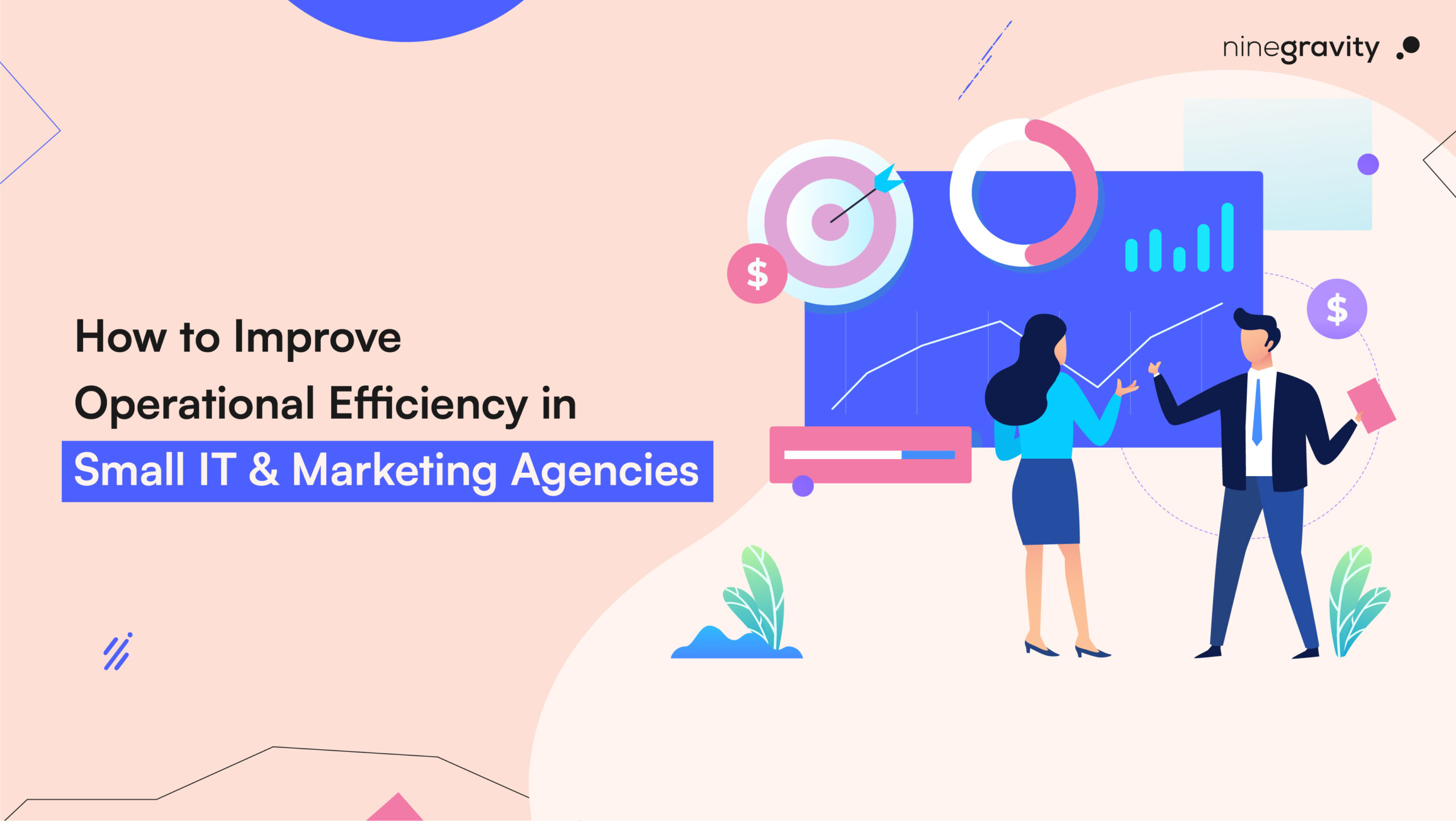Introduction
The role of SEO is already indispensable for any WordPress website owner. SEO holds the key to opening the doors of visibility and pulling undisputed organic traffic to the website to ultimately secure a spot on the first page of search engine results.
Amidst all the different advice and strategies being promoted as the ultimate solution for SEO, it is important to distinguish between fact and fiction. This thorough examination will uncover the true impact of SEO practices and how they play a crucial role in determining the ranking of your WordPress website.
1. Content is King
The phrase “Content Is King” has been circling around in the digital sphere for ages now, emphasizing the crucial role of content in the distinction between successful and unsuccessful SEO. Nonetheless, the reality is bigger in quality, rather than quantity.
Those are the old days when websites could easily fool search engines algorithms by using keyword-rich articles with little or no content. Now, searches are valued by the search engines for their real value, relevance, and use by the users.
Developing quality content requires more than just spicing it up with keywords. It stands for the ability to explore the particular set of needs, likes, and problems of the target audience and provide the content with all of them in mind.
Uncovering out the topics and queries using the keyword search tool that are of utmost importance to your audience’s interests is the basic requirement of the content creation process. Through the correct synchronization of your content strategy with user intent, you simultaneously upgrade your site’s relevancy and increase your audience’s trust and credibility.
Actionable Insight: Invest in building carefully researched, informative, and interesting content that addresses the needs of your target customers. Focus on quality instead of quantity and become an exemplary player inside your niche. Add different types of content such as articles, guides, videos, infographics and podcasts to keep the diversity and match with different interests or learning styles.
2. Backlinks Still Matter
Backlinks or inbound links from other websites to your website are still in the forefront of SEO. This doubles as a metric of trust and authority, demonstrating to search engines that you are providing information that is relevant and of value. Yet, not all links carry the same weight.
Before now, some websites used black hat SEO techniques such as buying links or participating in link schemes to build artificial backlink profiles. Nevertheless, search engines have developed modern approaches to spot and reduce the popularity of such misleading actions.
Links that are earned from authoritative and relevant websites within a niche is much more important and better than having several low-quality links. Developing real relationships with influencers, specialists in the industry and other webmasters can get natural backlinks to your WordPress website. Besides, generating shareable content or getting into guest blogging or demonstrating thought leadership aims to improve your link-building activities naturally.
Actionable Insight: Focus on the quality and necessity of the backlinks, not on the quantity. Spend more time on earning links from respectable organizations within your niche through crafting excellent referrals and building true connections. You must monitor your backlink profile often by using tools such as Ahrefs, Moz or SEMrush and disavow if you find any toxic or spammy links that may be dangerous to your site’s credibility.
3. Technical SEO
Content and credible backlinks are the core components of SEO, but neglecting the technical part of optimization will hinder the superiority of your WordPress site’s ranking in search engines. Technical SEO consists of a whole number of aspects, including such as website speed, mobile optimization, crawlability, site structure, metadata, schema, and more.
Disregarding these technical aspects will put your site in a disadvantaged position in terms of its visibility to search engine bots.
One of the most recent ranking factors is the speed of the pages compared to others. Under a higher bar on speed and seamlessness set by users, the search engines have to select the websites that load fast across all devices. Long site speeds not only annoy users but also bring higher exit rates and lower search engine ranking.
The speed of your WordPress webpage can be improved by, broadly, having strategies that include: minimizing server response times, using a browser cache, optimizing images, and removing unused code.
Actionable Insight: Conduct a complete audit of your WordPress site’s technical SEO health using Google Search Console, Page Speed Insights, and Screaming Frog as tools. Correct any red flags identified by the audit, e.g. broken links, duplicate content, crawl errors, or missing metatags. Perfect website’s performance with the help of techniques like speed improvement, mobile responsiveness, site structure and schema markup optimization.
4. Patience is Key in SEO
In a world that has become used to immediate satisfaction, many website owners demand similar results from their SEO efforts. Nevertheless, a core fact is that SEO is a long-term endeavour that brings in results after a lot of effort, persistence and determination.
Different from other sorts of paid ads or temporary marketing approaches, SEO is a work that evolves long-term and offers you with accumulated benefits in the future.
Obtaining considerable progress to the main position of your WordPress site demands at the same time a strategic and holistic approach to SEO. It entails accurate planning, consistent deployment, and constant improvements based on data-driven aftermath.
Though most businesses tend to desire instant results, especially with rivals involved, it takes patience and the understanding that Search Engine Optimization is a lasting method that should be embraced as a sustainable growth technique.
Actionable Insight: Establish reasonable goals and expectations for your SEO Campaigns, appreciating the fact that long term positive results may take a considerable time of months or years to be visible. Place a priority on the whites guess SEO techniques that encourage long-term relevance and sustainability rather than quick fixes. Track important indicators (KPIs), such as organic traffic, keyword rankings, conversion rates, and engagement metrics to determine the effectiveness of SEO practices and base your future decisions on obtained data.
5. User Experience (UX)
While searching engine optimization is becoming more and more popular, some forget to improve website usability. Search engine popularity is, however, directly related to the user experience (UX), which not only determines how your visitors interact with your site but also affects the search engine perception of its value and relevance.
An enjoyable and easy shopping experience may determine such metrics as bounce rate, dwell time, and conversion rate that ultimately affect your site’s search engine ranking.
Factors including site navigation, page layout, visual design, content formatting, media integration, and interactivity all affect the user experience you present on your WordPress site. UX optimization includes knowing the needs, desires, and behavioral patterns of your intended users and making your site accordingly.
Intuitive menus, clear CTAs (calls-to-action), fast loading, and mobile responsiveness are core factors of a good user experience.
Actionable Insight: Balance SEO optimization with user experience and the two will always go hand in hand. Use user research, usability testing, and A/B testing to find out how the site visitors use it and discover possible spots where changes can be made. Optimize your WordPress site’s design, its functionality and its performance to provide a seamless and engaging cross-device, cross-touchpoint user experience.
Conclusion
Through the application of good content, authoritative backlinks, technical optimization, patience, and user experience you would be able to optimize the visibility, relevance, and credibility of your WordPress site in the competitive digital world.



